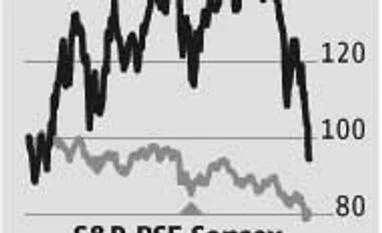Last week, the company had announced it had taken controlling interest in General Partners Holdings (Australia) and Universal Corporation (Kenya). While the Australian acquisition will fortify its position in that geography following its May 2015 acquisition of Arrow, the Kenyan buy is expected to improve its presence in East Africa as well as its institutional business, because it will now have a World Health Organization pre-qualified facility in that region.
During the third quarter of FY16, the company raised $167 million through a qualified institutional placement (at Rs 1,278 a share), of which it has earmarked about $100 million for acquisitions and organic growth initiatives, while the rest is for debt reduction. The company has Rs 3,100 crore of gross debt and about Rs 1,600 crore of net debt after the qualified institutional placement issue.
While the acquisitions have been earnings-accretive and have improved the growth outlook, they will take time to reflect positively on its return ratios, expected to be sub-par in the short term. Credit Suisse analysts believe with the improvement in operating profit margins and higher asset utilisation, return on capital employed should improve from eight per cent to 15 per cent in FY18.
Given that half its revenues in FY17 will come from recent acquisitions, integration and execution will be key for the business to deliver with the US and Africa being important growth drivers. The firm’s key hurdles, say analysts, are regulatory and margin challenges in the Australian business, increasing the US filings and scaling the Indian business. At the current price, the stock is at 16 times its FY17 estimates, at a discount to peers owing to weak return ratios.
)